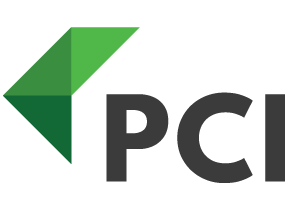
by Rebekah Weiner | Nov 3, 2023 | Deltek Costpoint, Government Contracting
Written by: Jamie Rosenkranz, PCI Lead Consultant For most people, change is a very difficult concept to grasp. Whether it’s change in schedule, change in diet, or change in business, these situations always prompt different challenges and emotions that must be...

by Rebekah Weiner | Sep 13, 2023 | Deltek Costpoint, Government Contracting
If your firm wants to do business or contract with the government, it’s crucial to understand that compliance with the Federal Acquisition Regulation (FAR) and Defense Federal Acquisition Regulation (DFAR) frameworks is a must. These regulations outline the...

by Rebekah Weiner | Aug 21, 2023 | API, Deltek Costpoint
Written By: Sandy Froonjian At PCI, our API team occasionally encounters unique integration scenarios that fall outside our usual process. There are two main scenarios that can occur: 1. If the client’s third-part software lacks API capabilities; 2. If the client’s...

by Rebekah Weiner | Aug 11, 2023 | Deltek Advertising, Deltek ConceptShare, Deltek Costpoint, Deltek Marketing, Deltek WorkBook, Government Contracting, Value Added
Deltek ProjectCon 2023 will be taking place from October 16th – 18th at the Gaylord Palms Resort & Convention Center in Orlando, FL. As a Platinum Sponsor of this event, PCI is excited to be a part of this incredible event! Deltek ProjectCon is the ultimate event...

by Rebekah Weiner | Jul 17, 2023 | Deltek Costpoint, Government Contracting
Running a successful Government Contracting practice can be challenging. With so many business aspects to consider, it can be easy to get overwhelmed. But don’t worry, PCI has you covered. Our client solutions are designed to help you conquer your practice goals...

by Rebekah Weiner | May 23, 2023 | Deltek Costpoint, Government Contracting
Attention all government contractors – compliance is essential to your success! Here are 5 reasons why prioritizing compliance should be your top goal for 2023: Protect your business: Stay out of legal trouble and avoid hefty fines by following guidelines and...







